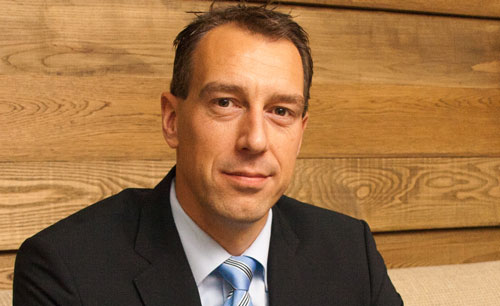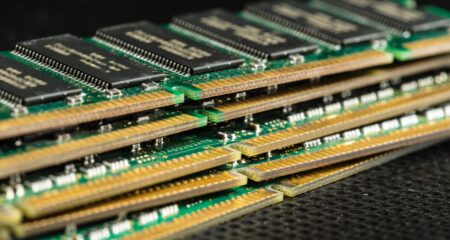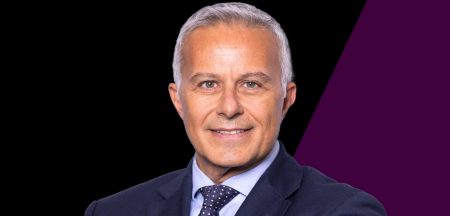
Hewlett-Packard is unlikely to sell its PC business and will probably choose to spin it off into a separate company still owned by HP, says Frank van Rees, the company’s SA MD.
HP shocked the markets a month ago when it said it was considering spinning off or even selling its consumer PC division to focus more attention on enterprise software.
The Personal Systems Group (PSG), which houses HP’s desktop PC and notebook business, generates annual sales of about $40bn, making it arguably too big for another PC maker to buy, Van Rees says. HP is the world’s largest PC manufacturer.
By spinning off PSG into a separate business, it would be in a better position to innovate in a fast-moving market. “In a large company like HP, decisions aren’t made that fast,” Van Rees says. “What the board has said is we are looking at strategic alternatives for PSG [and] the preferred option is a spin-off of the division as a separate entity inside HP that is more focused on innovation in its products so it can become a more responsive company in the PC market.”
Van Rees downplays suggestions that HP is simply following in IBM’s footsteps. IBM sold its PC division to China’s Lenovo in 2005 for $1,75bn and has focused relentlessly on growing high-margin services as a percentage of its sales. “IBM’s PC business was loss making,” he says. “We have a profitable, market-leading business, so there’s no way it’s comparable.”
He says HP would be foolish to get out of the PC business. “We just think it will be more successful as a separate business under the HP umbrella.”
The company is expected to make a decision about PSG by the end of the year.
Last month, HP also surprised investors when it said it would buy the UK’s Autonomy, a developer of data analysis and search tools, for US$10,3bn and said it would stop developing the TouchPad, its rival to Apple’s iPad that ran Palm’s WebOS operating system.
The decision to kill the TouchPad came just a year after HP bought Palm for $1,2bn, ostensibly so it could get WebOS. The company plans to continue developing the software and integrating it into products like printers.
Van Rees says it makes more sense to invest in high-margin businesses like Autonomy that pour money into commodity products like tablets. He says PSG could get back into the tablet game — possibly with Windows 8 tablets — assuming the business is spun off from the mother ship.
“If we want a strategic relationship with our enterprise (business) customers we have to talk about high-value software instead of low-margin commodity products,” he says, adding that HP wants to focus more on the “i” and less on the “t” in IT.
However, last month’s announcements weren’t received well by investors. They sent HP’s share price plummeting: it is now trading at its lowest levels since early 2005.
Van Rees says the share price fell so sharply because HP’s communication wasn’t clear and this caused confusion. “Several analysts do recognise the value of the moves [HP is making] and the fact that we are not investing too much anymore in commodity, low-margin markets,” he says.
With a market value of $45bn, HP is worth less than a quarter of long-time rival IBM, despite having higher annual sales. That fact has to be exercising the mind of Léo Apotheker, HP’s new CEO recruited a year ago from German software giant SAP. — Duncan McLeod, TechCentral
- Update: Reports suggest HP’s board may oust Apotheker as CEO, replacing him with former eBay boss Meg Whitman. The news sent HP’s share price soaring on Wednesday.
- Subscribe to our free daily newsletter
- Follow us on Twitter or on Facebook
- Visit our sister website, SportsCentral (still in beta)




